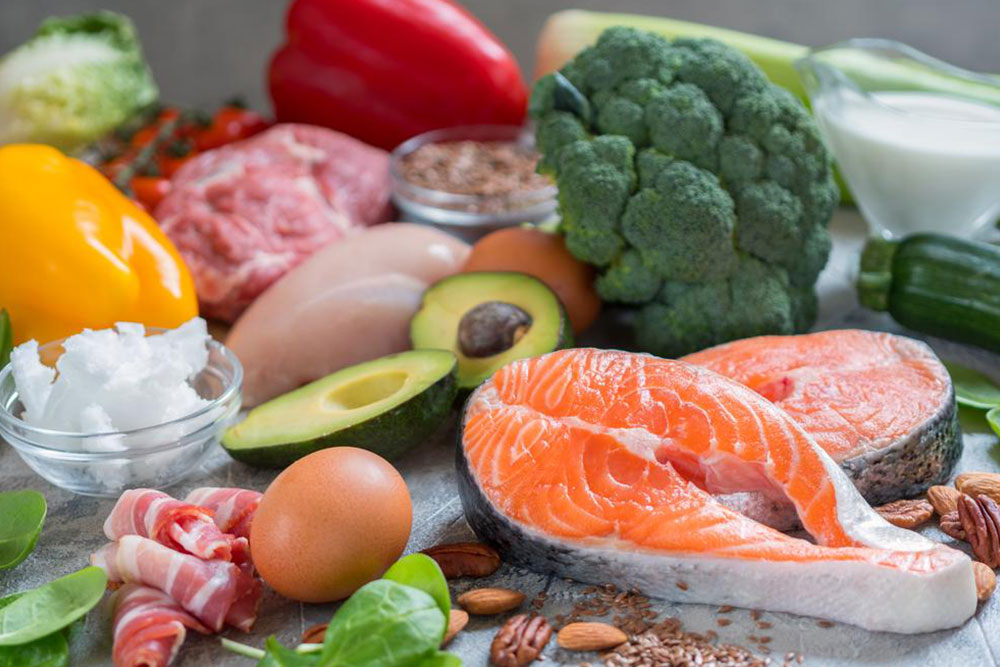Optimal Dietary Approach for Managing Type 2 Diabetes
Discover the essential dietary guidelines for managing Type 2 diabetes effectively. Focus on high-fiber foods, healthy fats, and balanced meals while avoiding processed and sugary items. Regular exercise combined with smart eating can help regulate blood sugar levels and improve overall health. Consult healthcare professionals for personalized advice and support your journey toward better diabetes management through lifestyle changes.

Optimal Dietary Approach for Managing Type 2 Diabetes
Nutrition plays a crucial role in controlling Type 2 diabetes. Adjustments to your current eating habits, whether minor or significant, can significantly impact blood sugar management.
Ideal diet for Type 2 Diabetes: A balanced plan emphasizing high fiber intake and reducing processed and fatty foods is recommended. The diet is straightforward to follow, but mindful choices are essential.
Recommended foods include:
Whole grains: oats, barley, quinoa, brown rice, and wheat bran.
Fruits: berries, citrus fruits, apples.
Vegetables: leafy greens, carrots, cruciferous vegetables, asparagus, non-starchy varieties.
Plant-based protein: beans, lentils, peas, nuts like almonds and walnuts (moderate amounts).
Animal sources: fatty fish such as salmon, sardines, tuna, and herring.
Healthy fats: olive oil, flaxseeds, avocados, peanut oil (in moderation).
Dairy products: low-fat plain yogurt, skim milk.
Foods to avoid:
Refined flour products
Processed foods
Full-fat dairy products
White rice and pasta
Red meat and processed meats
Starchy vegetables
Sugary drinks
Trans and saturated fats
Excessive salt and fried foods
Additional tips:
Maintain regular meal times to prevent blood sugar fluctuations.
Incorporate variety for better nutrient intake.
Reduce salt intake to manage blood pressure and cardiovascular risk.
Add fiber cautiously to support heart health and weight management.
Practice portion control to avoid overeating.
Combining a nutritious diet with regular physical activity is effective for managing blood glucose in Type 2 diabetes. Lifestyle changes can sometimes eliminate the need for medication when maintained consistently.










